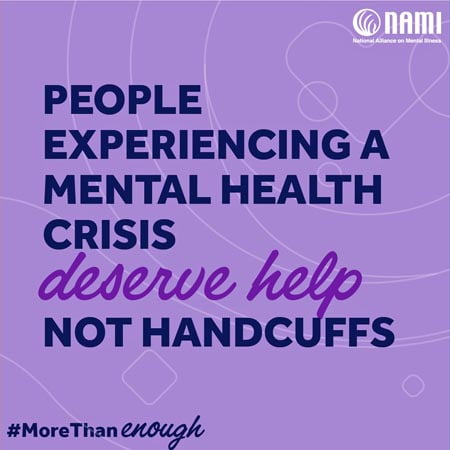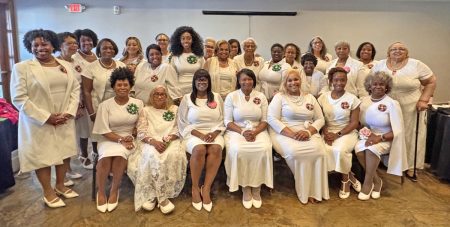Nakiba’s Story
 How I overcame the challenges of mental health.
How I overcame the challenges of mental health.
Initially, I was diagnosed with major depression with psychotic features, then later given a second diagnosis of mild schizophrenia. The road to my mental health recovery began with my first hospitalization in 2009. After five years of denial about how much I needed treatment, I realized that my life would not get any better unless I started mental health interventions.
During my mental breakdown, I approached a police officer on a New York street and told him I needed help. The police officer walked us across the street to a local precinct, and my journey to recovery began with the startling reality that I had to accept my illness to improve. I was disoriented, anxious, confused, and highly paranoid, not to mention I was with my two children, ages 3 and 5.
Waiting in the police station for an ambulance to take me to the nearest hospital was the hardest thing I had to do in my life. When the ambulance finally arrived, I had to leave my children behind. The desire to improve on my own mental stability compromised my ability to care for my children. As a result of leaving my children at the police station because no one was available to take care of them, a child protective services worker investigated me during my hospitalization.
Despite being fearful of where my journey was going to lead me, divine intervention had laid on my heart to share my story with others who were experiencing mental health setbacks themselves or knew others who did. I shared my story in more detail at the local Westchester County, New York hospitals.
In 2010, I began giving presentations with “In Our Own Voice Program,” a public speaking series offered by the National Alliance on Mental Illness (NAMI).
Since then, I obtained a second bachelor’s degree in Human Development with a concentration in Psychology. Currently, I am pursuing a master of sciences degree in Psychology.
From time to time, I sit in on a NAMI support groups to continue sharing my story. In essence, my goal is to make a significant contribution to mental health for underserved populations.
Thank you for allowing me to share my story in hopes that all who need help will get the support of mental health services they need.







